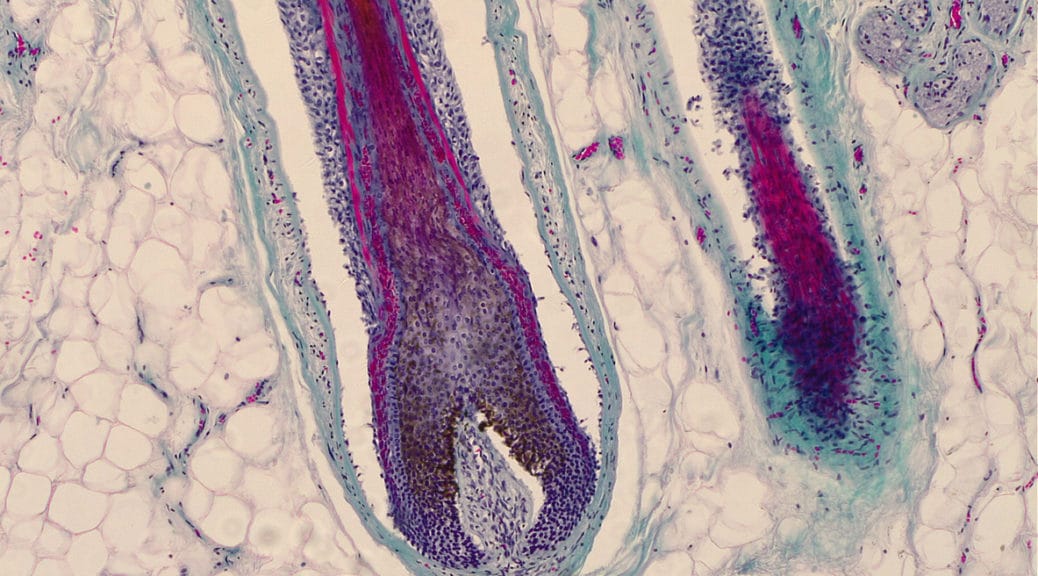- Home
- Product
- Patient
- Order Online
- Prescription Quote
- Collect at your Pharmacy
- Find a Pharmacy
- Find a Integrative Doctor
- Track my Medicine
- What is a Compounding Pharmacy?
- Child Friendly Medication
- Vet & Animal Compounding
- Easy to Swallow Pills
- Motion & Seasickness
- Medication without the Additives
- Unavailable Medications
- Schedule 8 Shipping Waiver
- Pharmacists
- Prescribers
- Shop
- FAQs
- About
- Careers
- Contact Us
- Home
- Product
- Patient
- Order Online
- Prescription Quote
- Collect at your Pharmacy
- Find a Pharmacy
- Find a Integrative Doctor
- Track my Medicine
- What is a Compounding Pharmacy?
- Child Friendly Medication
- Vet & Animal Compounding
- Easy to Swallow Pills
- Motion & Seasickness
- Medication without the Additives
- Unavailable Medications
- Schedule 8 Shipping Waiver
- Pharmacists
- Prescribers
- Shop
- FAQs
- About
- Careers
- Contact Us
Study proves magnesium is absorbed through skin via hair follicles

It’s long been a point of contention, but a study conducted by the University of Queensland has conclusively shown that magnesium can, in fact, be absorbed through the skin via a topical cream, transdermal patch or spray.
While anecdotal evidence for magnesium absorption through the skin has always been strong, this is the first body of research to prove the theory in a controlled, clinical study. Epsom salt baths (high in magnesium), for example, have long been used to treat sore muscles after exercise and skin conditions like eczema and psoriasis, however many health practitioners were not convinced, as the mechanism for topical magnesium absorption was, until recently, a mystery.
The University of Queensland study shed new light on the matter when it found that the skin’s hair follicles played a big part in how topical magnesium permeates the outer layers of the skin and is transported to the rest of the body.
In addition the study found that skin hydration improved almost two-fold within the first 6 hours after topical magnesium application. A significant increase in filaggrin levels was also noted after topical magnesium application. Filaggrin is a type of protein important to theskin’s barrier function. It draws structural proteins together to create a tight barrier that protects the skin, and ultimately the body, against outside invaders. People with allergies, asthma and skin conditions like eczema and psoriasis often have low levels of filaggrin.
What does magnesium do?
Magnesium is essential for the healthy functioning of muscles and for the management of protein, bone health, blood sugar levels and blood pressure. Prolonged magnesium deficiency can lead to low calcium and potassium levels.
There are a number of factors that can lead to magnesium deficiency including:
- Poor diet
- A range of gastrointestinal diseases that inhibit magnesium absorption
- Old age
- Type 2 diabetes
- Celiac disease
- Crohn’s disease
- Chronic diarrhoea
- Prolonged use of certain diuretics
- Certain types of cancer treatments
- Alcohol dependence.
The body usually derives magnesium through a diet rich in leafy greens, legumes, nuts, seeds, whole grains and fish, however if levels become too low it can contribute to a range of adverse health conditions including:
- Inflammatory disorders
- Constipation
- Sleep problems
- A range of skin conditions
- Heartburn
- Pregnancy complications
- Irregular heartbeat
- Osteoporosis
- High blood pressure
- Heart disease.
National Custom Compounding can make up magnesium topical creams, transdermal patches and sprays in varying strengths to assist with a range of health conditions. Contact us on 1300 731 755 or drop a line to [email protected] for more information.
